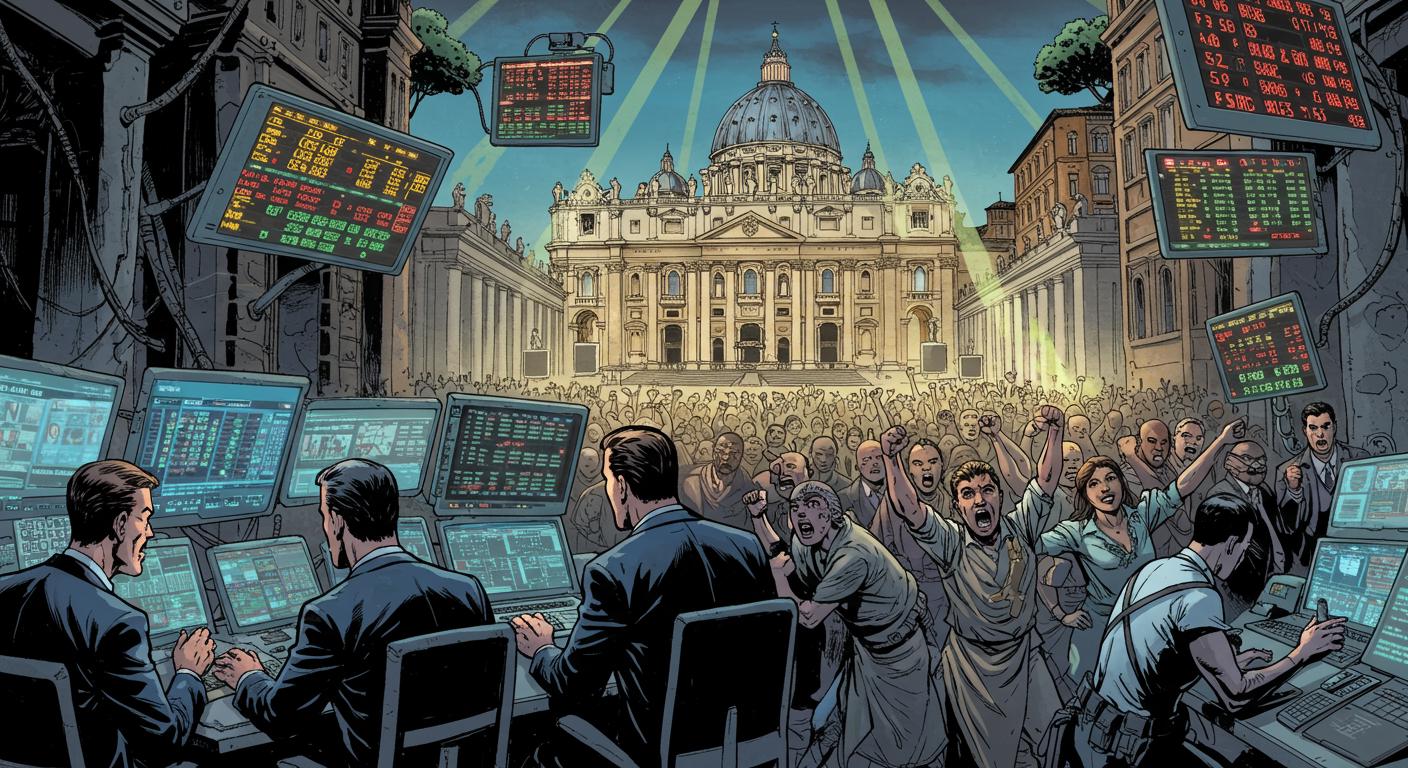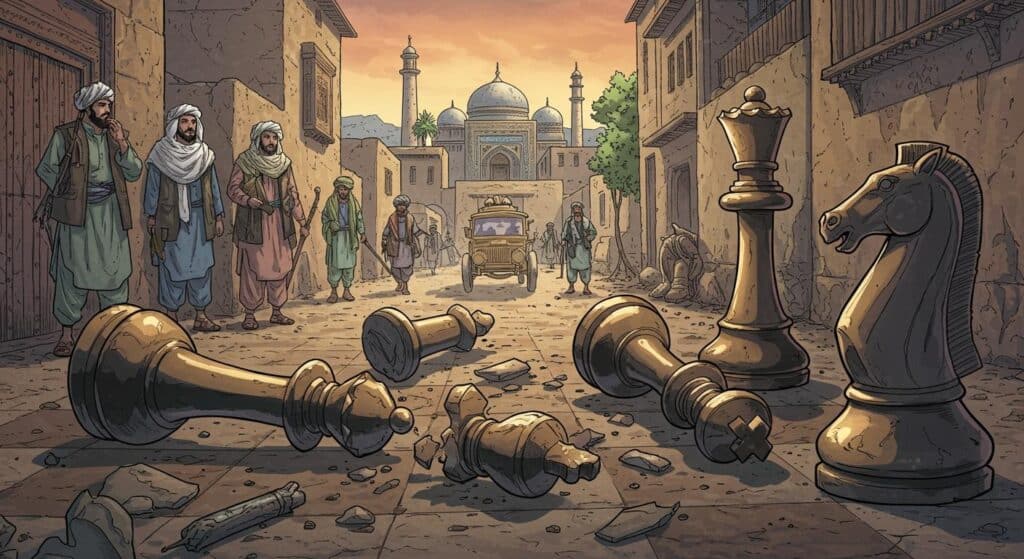Sometimes a story lines up perfectly at the intersection of ancient tradition, modern technology, and that very human craving for a wild bet. The latest papal conclave fits the bill, as CNBC documents: more than $40 million was wagered across just two prediction market platforms on who would become the next pope. For a few surreal days, one of the most cloistered decisions in the world became just another question for online speculators to argue—and gamble—over.
Smoke Signals, Smartphone Alerts, and a Serious Windfall
Pope Leo XIV—formerly Cardinal Robert Prevost of Chicago—emerged from the conclave as the Vatican’s new leader. Few in the world predicted this, the odds against him hovering below 1% on Kalshi’s charts prior to the vote. Still, as the outlet highlights, 416 trades (totaling nearly $450,000) dared to place their hopes (or hunches) on Prevost, out of the more than 33,000 conclave trades on the platform.
The single largest payout? One quietly daring soul turned a $526 wager into $52,641—numbers confirmed to CNBC by a Kalshi spokesperson, though the identity of the lucky bettor remains mysterious.
All told, over $30 million in conclave-related bets flowed through Polymarket, their public data shows, with another $10.6 million exchanged on Kalshi. Add in the whispers, the feverish Twitter debates, and the general atmosphere of digital carnival, and the papal conclave briefly resembled the Super Bowl—for those who prefer ceremonial crimson to shoulder pads.
It’s an oddly compelling image: thousands of digital punters scanning obscure cardinals’ biographies, weighing centuries of precedent against the flotsam of online rumor, with the only smoke to read coming from their smartphones.
Belief, Data, and the Lure of the Long Shot
Who puts faith—and a fair bit of cash—behind a papal underdog? Maybe it’s genuine conviction, secret information, or just the thrill of backing a true outsider. Prediction markets such as these essentially function like futures exchanges, with traders buying and selling contracts that depend on real-life events. The sums are significant, though, and as noted earlier in the CNBC report, the $10.6 million spent on Kalshi for the conclave is dwarfed by the $132 million reportedly wagered during the most recent U.S. presidential election, as the company told MarketWatch.
These platforms don’t operate without controversy or risk: CNBC references regulatory scrutiny, with the Commodity Futures Trading Commission barring U.S. users from Polymarket. Kalshi, meanwhile, allows betting on a broad menu of events, ranging from papal elections and video game releases to the phraseology of press briefings. Not exactly the rosary and incense crowd.
Analysts, like Cantrell Dumas from Better Markets, cautioned in their comments to CNBC that such large, high-profile betting pools could open new avenues for misinformation or even affect real-world outcomes, an issue that surfaced during election season and isn’t entirely absent in religious events.
“Entertainment Budget,” or Why Vegas Still Has Better Odds
Of course, even with the rare jackpot, the odds usually favor the house—or in this case, the faceless crowd. Certified financial planner Jonathan Greeson, interviewed for CNBC Make It, suggests that betting on these markets should fit comfortably into one’s “entertainment budget,” not their financial strategy. He reminds us, sensibly, to avoid chasing losses and to never bet more than we’re okay to lose. An ancient bit of wisdom, perhaps, but one that’s never been more relevant as bettors toggle between the papacy and the next Grand Theft Auto release date.
So what are we really witnessing—statistical prowess, luck, or something bordering on secular clairvoyance? The Vatican’s conclave was designed to be inscrutable, its marble halls echoing with centuries of tradition meant to keep outsiders guessing. Yet prediction markets thrive on opacity, luring in those who think they can spot the one overlooked sign amid all the ritual.
Papal Picks and the Oddness of Modern Speculation
The spectacle of a centuries-old religious ritual playing out as a kind of global fantasy league seems almost tailor-made for our absurdly interconnected world. There’s an undeniable charm—maybe even a little irony—in seeing some internet stranger’s leap of faith pay off so spectacularly.
As the outlet also notes, with each conclave, crowdsourcing the future gets another test run, fortunes are risked (and sometimes won), and tradition gets a digital update. When’s the last time a papal election felt like a lottery ticket—or a trivia contest—rather than just a solemn event?
One thing is clear: even as smoke rises from the Sistine Chapel, it’s all but certain the next conclave will see even more speculation, superstition, and smartphone refreshing. Is it faith, luck, or just the eternal promise of a big win? For one anonymous punter out there, maybe it’s better not to ask.







